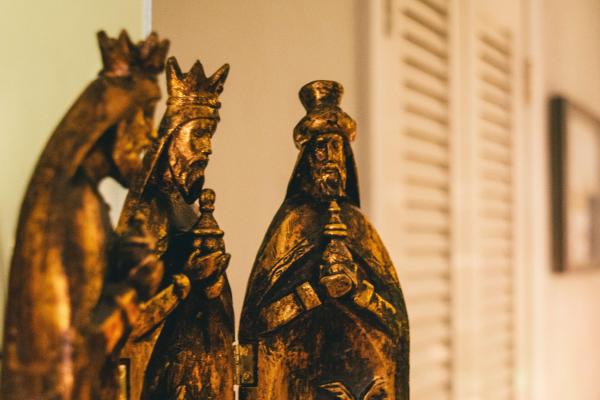Jan 7, 2019
The Magi finally appeared in nativity scenes over the weekend. Soon, if not already, they’ll be packed and stored away until next year’s Epiphany, which is a shame. These late arrivers are some of the most provocative, prophetic, and polarizing figures in the Christmas story, and we need to learn their lessons and carry them forward.
Read the Full Article

Already a subscriber? Login
